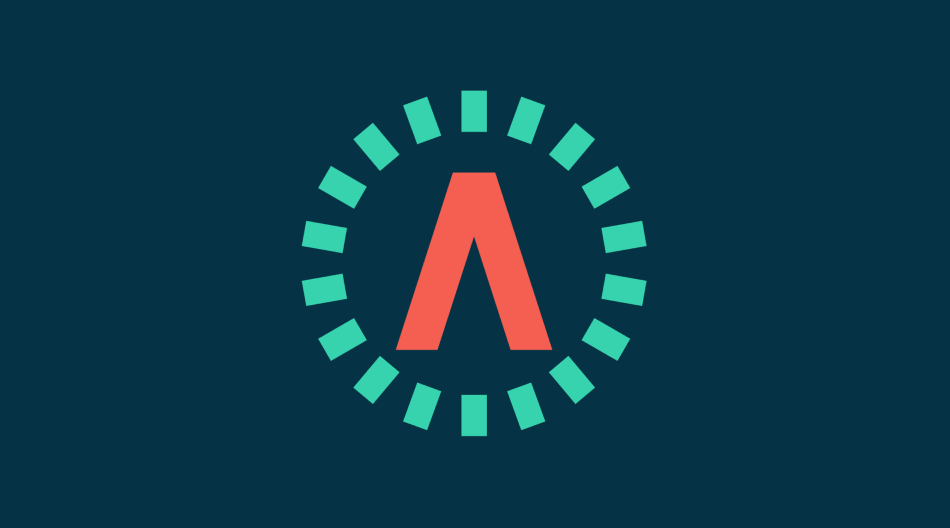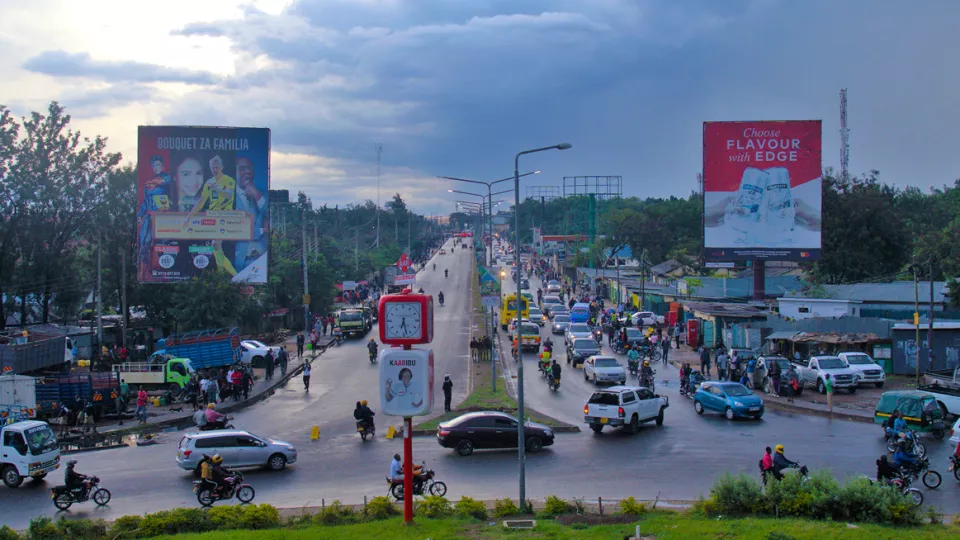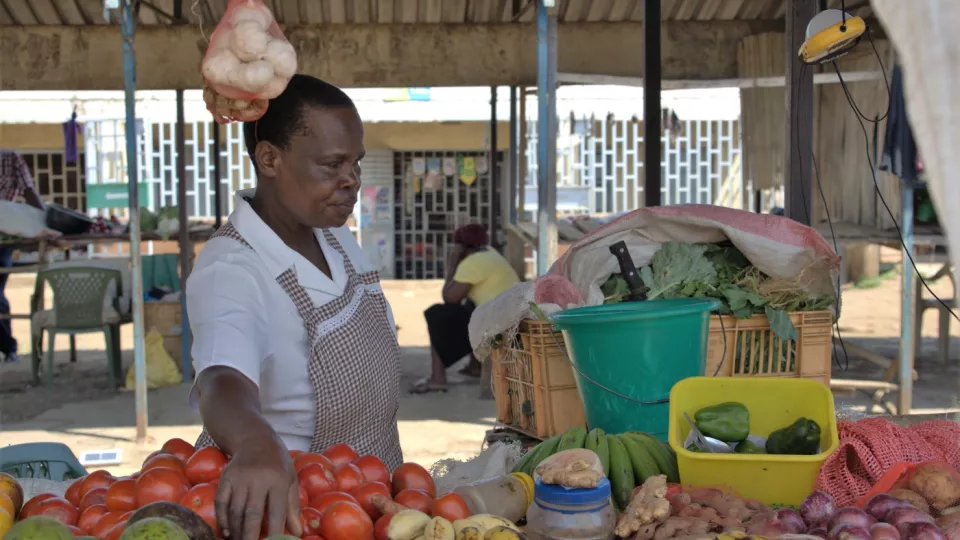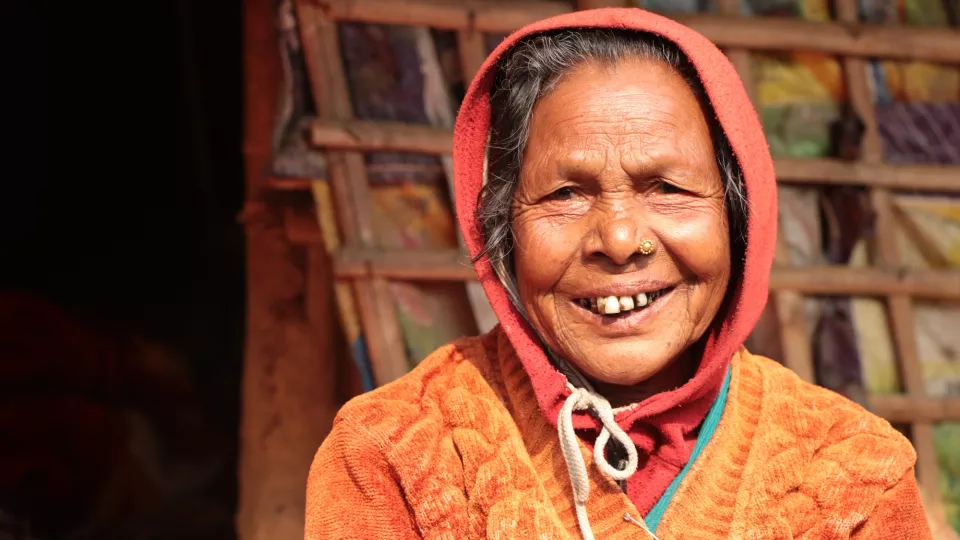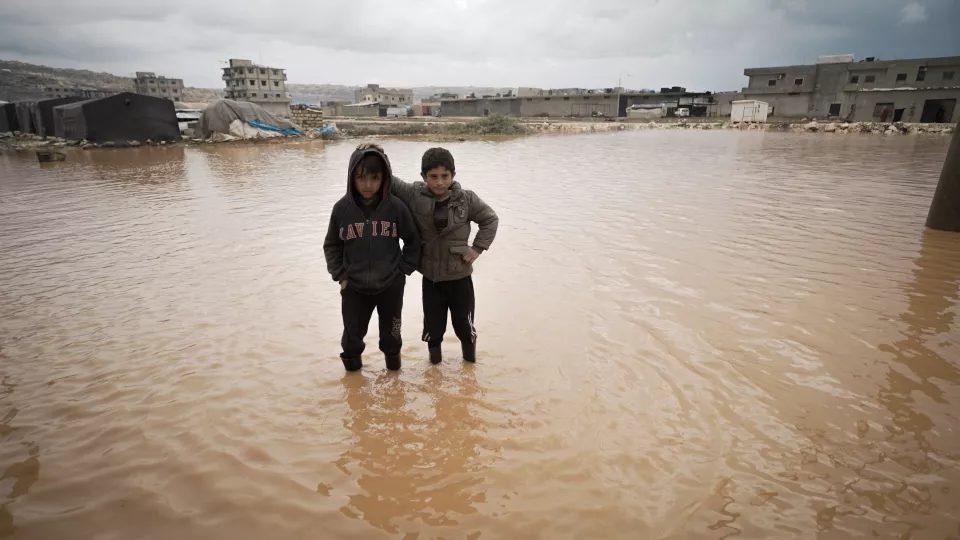In December 2020-January 2021 we spoke to 83 stakeholders from four of our hub countries asking them open-ended questions around what a locally led humanitarian system would look to them.
News and blogs
Acutely sensitive to global warming, the Horn of Africa is one of the most drought-prone regions in the world. Following four consecutive failed rainy seasons, Ethiopia, Kenya, and Somalia are facing the most prolonged drought in recent history.
“I filled out a voucher form to indicate what I need to survive low temperatures. I expressed my family's need for blankets, sweaters, thermos, rice, salt, oil, lentils, and sugar. A few days later, I got a call to collect the items that I choose.…
World Oceans Day 2022 calls for individuals, civil society, governments, institutions and the international community to collectively work to revitalise our oceans, which are home to most of the world’s biodiversity and are predicted to be a source…
The Start Network Evidence and Learning team completed independent monitoring for a project delivering a 45-day child protection response for displaced children in Kasindi, the DRC.
A lo largo de la última década, el sistema humanitario mundial se ha enfrentado a las críticas sistemáticas de los países del Sur.
Au cours de la derniére décennie, le système humanitaire mondial a fait l'objet de critiques systématiques de la part des pays du Sud.
Over the last decade, the global humanitarian system has faced systemic criticism by those in the Global South.
The exact rate of ICR received by implementing organisations varies and is often a process of negotiation. However, as a ballpark figure, it is usually between 7-10%.
Communities benefit through improved access to information, financial assistance, and disaster response capacity-strengthening tools when local governments employ an inclusive anticipation approach in managing volcanic risks.

